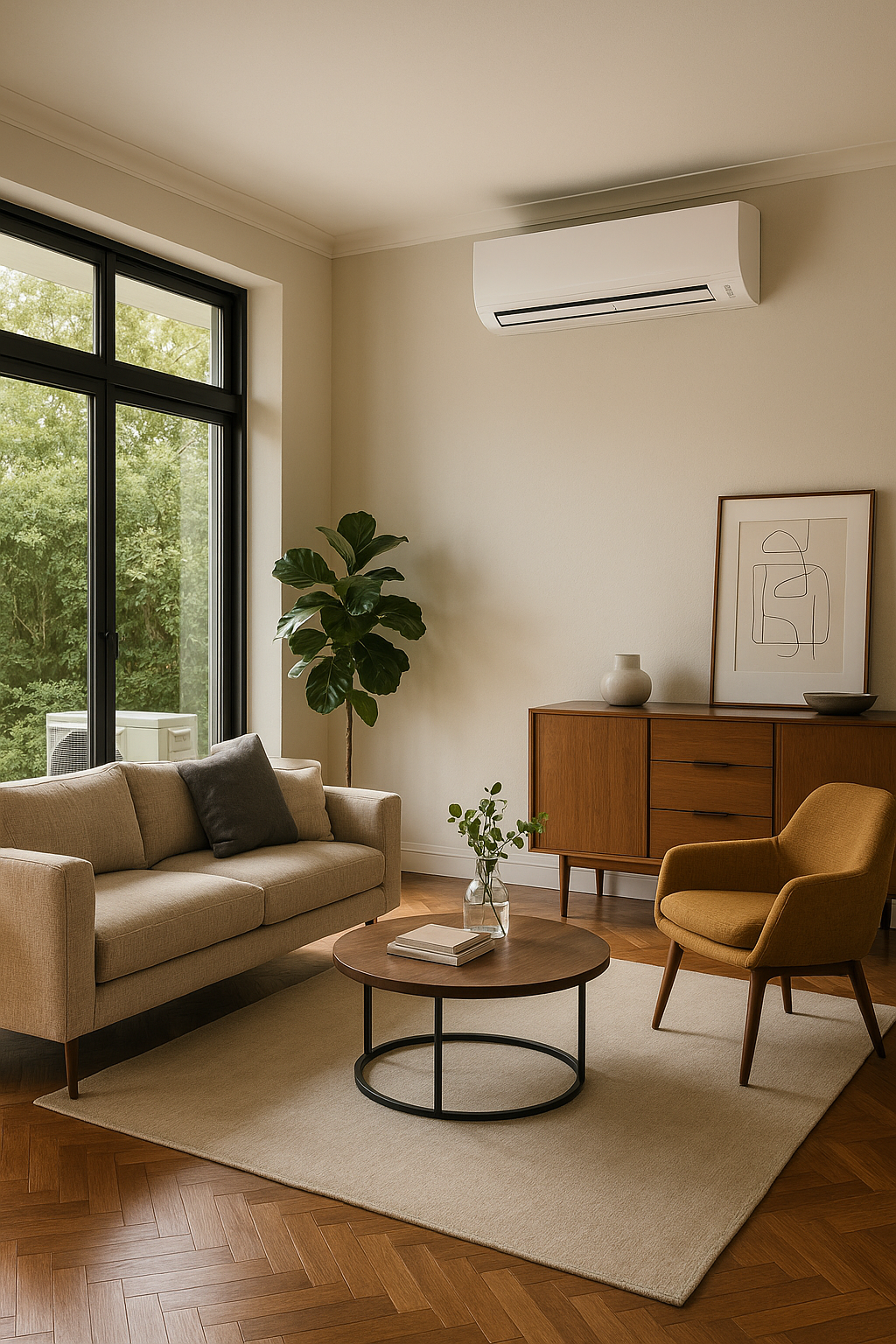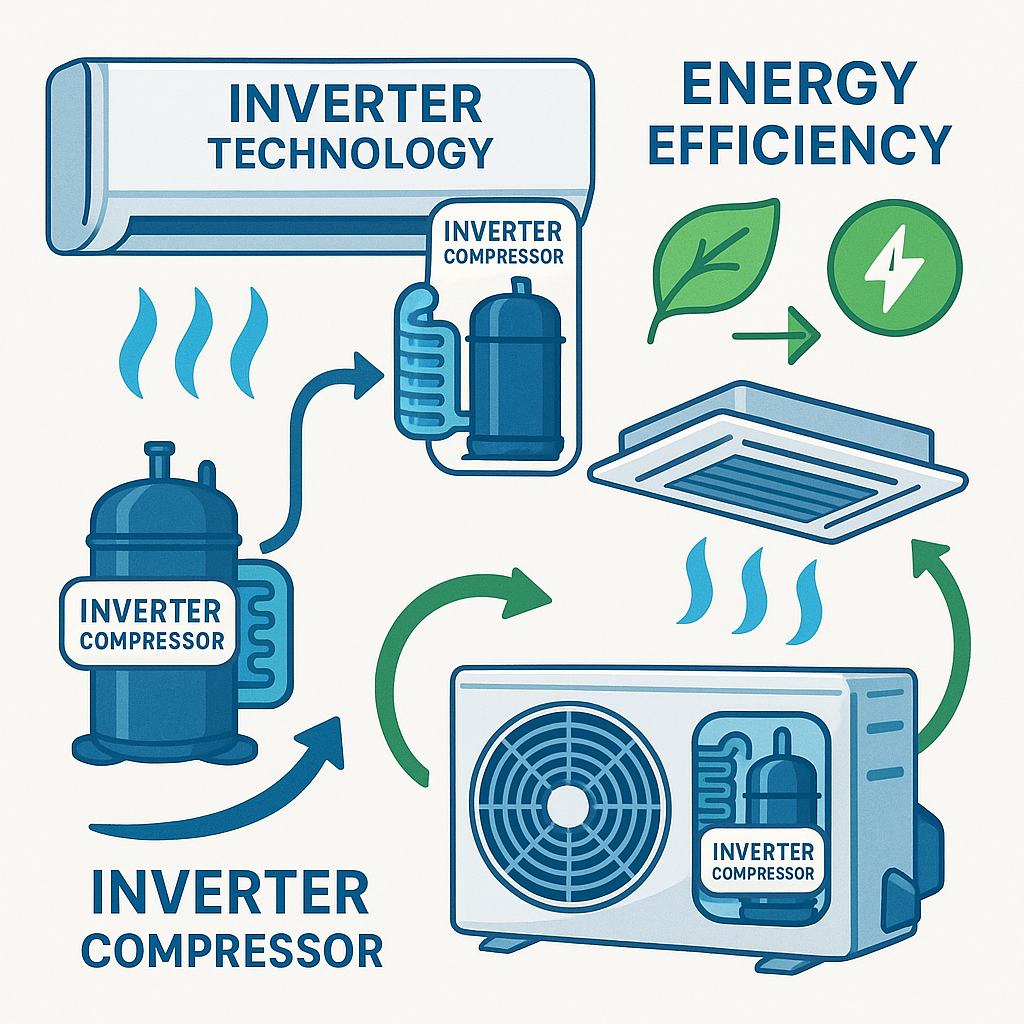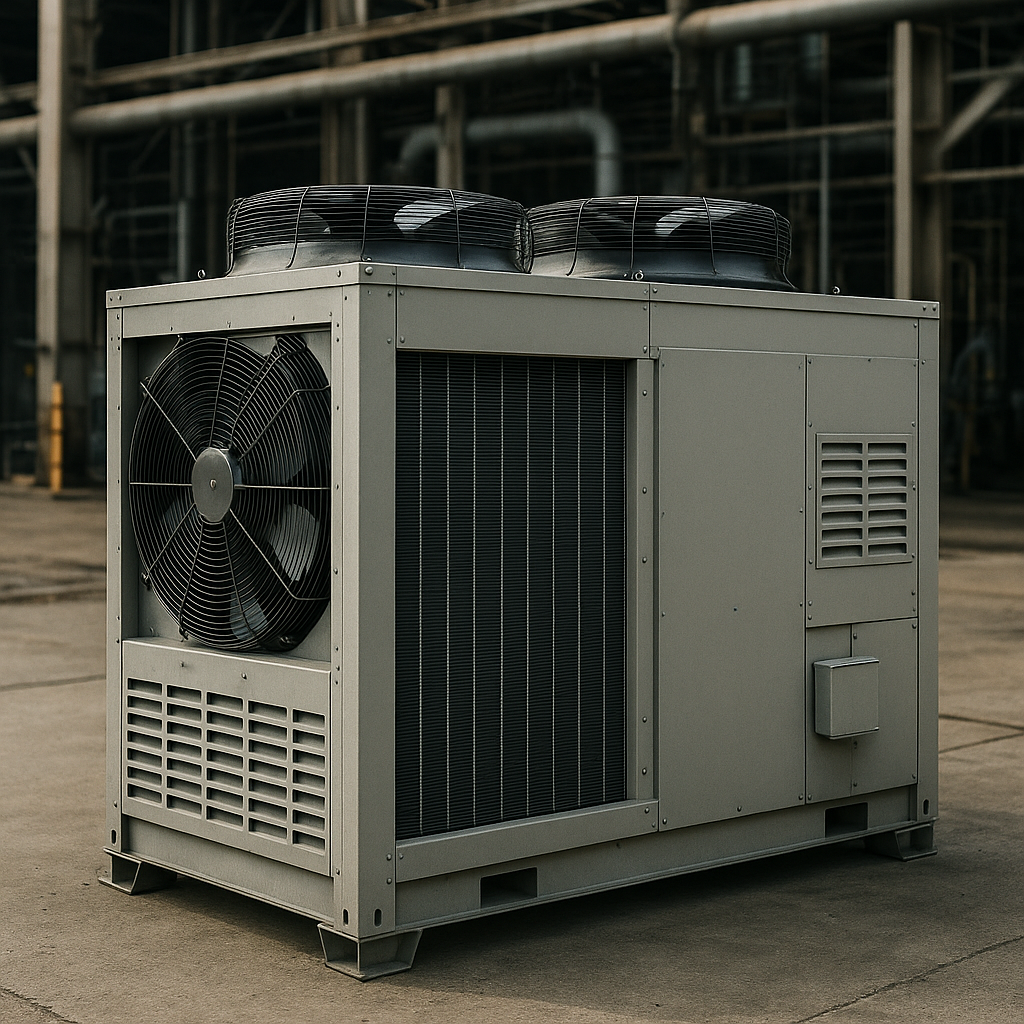The Complete Guide to Air Conditioner Types: Choosing Between Inverter, Fixed Speed, and Heavy Duty Series
In today’s climate-conscious world, selecting the right air conditioning system has become more crucial than ever. With multiple options available ranging from energy-efficient inverter models to robust heavy-duty units, understanding the different types of air conditioners can help you make an informed decision that balances comfort, efficiency, and cost-effectiveness.

Understanding Air Conditioner Technologies
Inverter Series Air Conditioners
Inverter air conditioners represent the pinnacle of modern cooling technology, utilizing variable-speed compressors that continuously adjust their operation based on cooling demands. Unlike traditional systems that operate in simple on/off cycles, inverter ACs modulate compressor speed to maintain precise temperature control while consuming significantly less energy.
Key Benefits of Inverter Technology:
-
Energy Efficiency: Inverter ACs can save 30-50% on electricity bills compared to non-inverter models
-
Consistent Cooling: Variable speed operation eliminates temperature fluctuations, maintaining stable room conditions
-
Quiet Operation: Controlled compressor speeds result in minimal noise levels
-
Longer Lifespan: Reduced strain on the compressor extends equipment life
-
Faster Cooling: Initial rapid compressor operation quickly reaches desired temperatures
Modern inverter ACs utilize advanced refrigerants like R32, which provide better cooling capacity while emitting fewer harmful emissions to the environment. The technology’s sophisticated operation includes features like wide operating voltage ranges that adjust compressor power according to voltage supply, ensuring greater economy and ease of maintenance.
Fixed Speed Air Conditioners
Fixed speed air conditioners operate using compressors that work at constant speed, switching between full-power operation and complete shutdown. When room temperature rises above the set point, the compressor activates at maximum capacity until the desired temperature is reached, then turns off completely.
Characteristics of Fixed Speed Systems:
-
Simple Operation: Straightforward on/off mechanism with consistent power consumption during operation
-
Lower Initial Cost: More affordable upfront investment compared to inverter models
-
Reliable Performance: Proven technology with established service networks
-
Higher Power Consumption: Frequent compressor restarts lead to increased energy usage
-
Temperature Fluctuations: On/off cycling creates noticeable temperature variations
Fixed speed ACs are particularly suitable for intermittent use patterns where the air conditioner operates for limited hours daily, making the lower initial investment more cost-effective than long-term energy savings.

Inverter Smart Technology
The latest evolution in air conditioning technology combines traditional inverter benefits with smart connectivity and advanced control systems. These units feature intelligent sensors, Wi-Fi connectivity, and adaptive learning capabilities that optimize cooling based on usage patterns and environmental conditions.
Smart Features Include:
-
Precision Temperature Control: Advanced sensors maintain temperature within ±0.5°C
-
Convertible Cooling: 5-in-1 or 6-in-1 modes allow adjustment of cooling capacity based on occupancy and requirements
-
Smart Connectivity: Remote monitoring and control through mobile applications
-
Energy Optimization: AI-driven algorithms that learn usage patterns for maximum efficiency
Heavy Duty Series for Demanding Applications
Heavy duty air conditioners are specifically engineered for challenging environments and continuous operation requirements. These robust systems deliver powerful cooling for commercial spaces, industrial applications, and large residential areas where standard units would be insufficient.
Applications and Features:
-
Industrial Environments: Oil and gas facilities, pharmaceutical plants, and manufacturing units
-
Commercial Spaces: Large offices, hotels, showrooms, and retail establishments
-
Specialized Requirements: Explosion-proof models for hazardous environments
-
Enhanced Durability: Built with high-quality materials like MS CRCA or SS 304/316 for extended lifespan
-
Superior Performance: Designed to operate effectively in extreme ambient conditions up to 56°C
Heavy duty systems often incorporate redundancy controls where two units work together—one on duty and another on standby—ensuring continuous operation even if one unit fails. This feature is particularly critical for applications like server rooms, medical facilities, and industrial processes where temperature control cannot be interrupted.

Mega Splits and Window Type Air Conditioners
Mega Split Systems
Mega split air conditioners bridge the gap between conventional wall-mounted units and ducted systems, offering the installation ease of regular splits with the power of industrial cooling. These units typically feature higher capacities ranging from 2.5TR to 4TR, making them ideal for large spaces that exceed the capability of standard residential units.
Mega Split Advantages:
-
Powerful Cooling: Designed for large living rooms, halls, offices, or commercial spaces
-
Wide Air Distribution: Enhanced air throw capabilities ensure even cooling across large areas
-
Energy Efficiency: Often equipped with inverter technology for optimal power consumption
-
Advanced Features: Three-phase advantage, active carbon filters, and anti-corrosive blue fin condensers
Window Type Air Conditioners
Window air conditioners remain a popular choice for budget-conscious consumers and smaller spaces. These single-unit systems house all components—compressor, condenser, and evaporator—within one compact box that fits into window frames.
Window AC Benefits:
-
Cost-Effective: Lower upfront costs and simpler installation requirements
-
Space Efficient: No need for separate outdoor units or wall mounting
-
Easy Maintenance: Single-unit design simplifies servicing and repairs
-
Portability: Can be relocated relatively easily compared to split systems
However, window ACs typically consume more power due to simpler technology and are better suited for rooms up to 150-200 square feet.
Capacity Selection Guide: 1.0TR to 3TR
Selecting the appropriate air conditioner capacity is crucial for optimal performance and energy efficiency. Tonnage ratings indicate the cooling capacity, with each ton representing approximately 3.517 kilowatts of cooling power.
Capacity Guidelines:
-
1.0TR (12,000 BTU/hr): Suitable for rooms up to 120-150 square feet
-
1.5TR (18,000 BTU/hr): Ideal for spaces between 150-250 square feet
-
2.0TR (24,000 BTU/hr): Appropriate for rooms ranging from 250-350 square feet
-
2.5TR (30,000 BTU/hr): Designed for larger spaces of 350-450 square feet
-
3.0TR (36,000 BTU/hr): Commercial applications and very large residential rooms
Factors Affecting Capacity Requirements:
-
Room Size and Height: Larger volumes require proportionally higher cooling capacity
-
Insulation Quality: Well-insulated spaces need less cooling power
-
Heat Sources: Appliances, lighting, and occupancy increase cooling demands
-
Climate Conditions: Extremely hot climates may require 10% additional capacity
-
Window Exposure: South and west-facing rooms need higher capacity due to direct sunlight
Making the Right Choice
When selecting an air conditioner, consider your specific requirements, budget constraints, and long-term usage patterns. Inverter models excel in energy efficiency and comfort for continuous operation, while fixed speed units offer budget-friendly solutions for occasional use. Heavy duty series provide unmatched performance for demanding commercial and industrial applications, and mega splits offer powerful cooling for large residential or commercial spaces.
The investment in the right air conditioning system pays dividends through improved comfort, energy savings, and reliable performance tailored to your specific cooling needs. Whether you choose an advanced inverter smart system or a practical fixed speed unit, understanding these technologies ensures you make an informed decision that serves your requirements for years to come.
By carefully evaluating factors such as room size, usage patterns, energy efficiency requirements, and budget considerations, you can select the optimal air conditioning solution that provides consistent comfort while maximizing value and performance.

